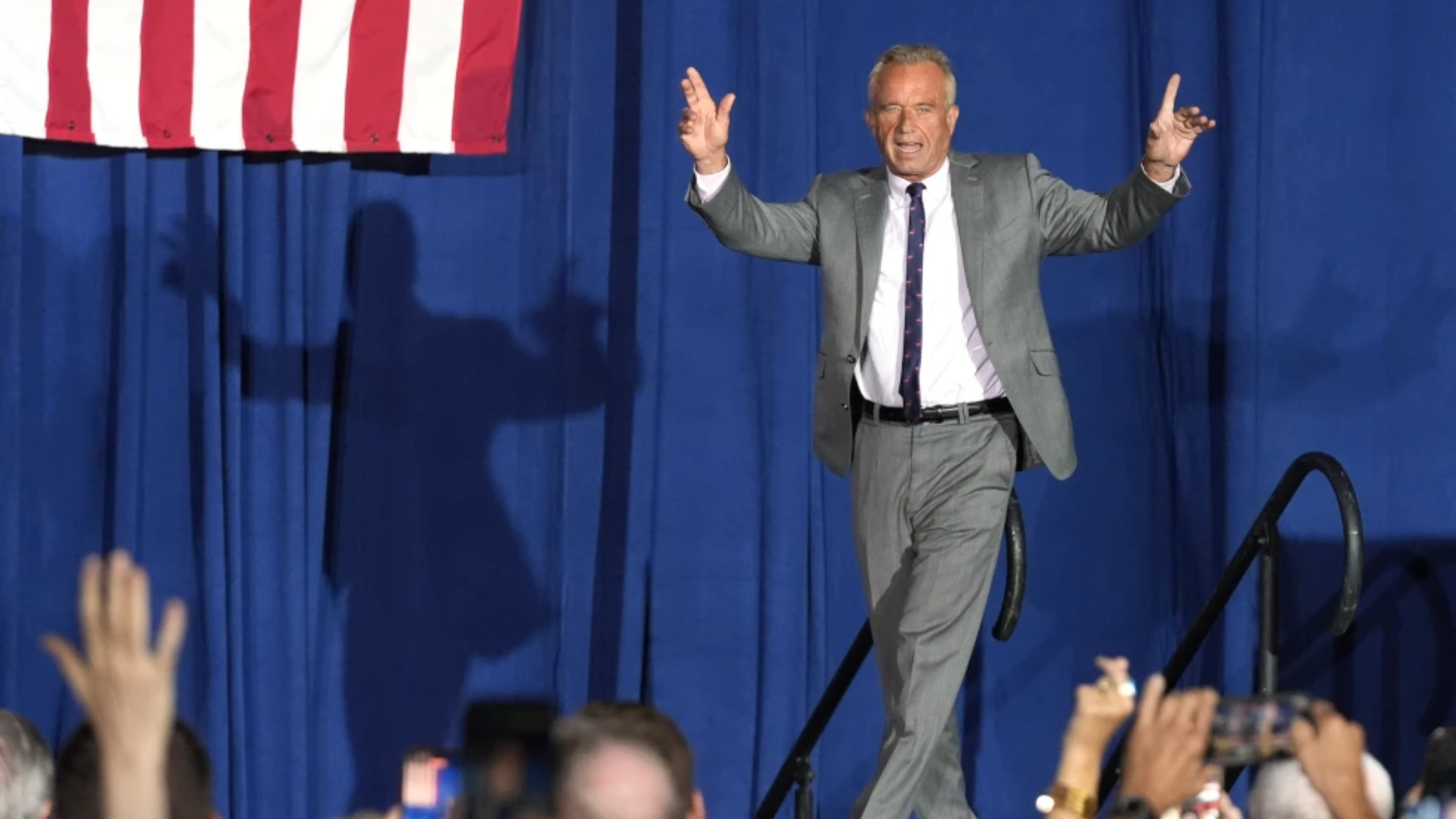Steve Burns
WASHINGTON – (WMAL) Local leaders are hoping to get the ball rolling soon on the multi-year effort to gain Metro a dedicated funding source, something leaders have mentioned for years as a way for the system to start getting back on track.
A majority of North American transit systems enjoy the benefits of dedicated funding, which usually takes the form of a local tax dedicated to funding the transit system. Metro is forced to ask for money from state and District lawmakers every year, hampering their long-term planning. Proponents say dedicated funding allows Metro to rely on a steadfast source of income, while opponents warn funding through local taxes follows the ups and downs of the economy.
“(It is) the holy grail – dedicated funding. We have to develop a game plan to get to dedicated funding,” Metropolitan Washington Council of Governments Chairman Roger Berliner said following a forum of North American transit executives Monday. “It is instilling people with confidence that this system has learned the lessons of the past, is not repeating them, is going to make wise investment decisions, going to be managed well, and will be held accountable.”
Berliner said COG has set up a needs study in conjunction with WMATA to establish an amount of money they would need from dedicated funding should it become reality. They will then work on setting up a set of benchmarks.
“So if we know how much we need to spend, and we can have the accountability measures, then, we believe, we can have a conversation about dedicated funding,” Berliner said.
The needs assessment should be done sometime this fall, Berliner said, to be followed by bill introductions in D.C., Annapolis, and Richmond. He estimates dedicated funding could become reality sometime in 2018. The issue will then become where the funds come from.
“It isn’t clear to me that each jurisdiction has to go about this in the exact same way,” Berliner said. “(Fairfax County Board of Supervisors Chair) Sharon Bulova has suggested perhaps a sales tax might work in Maryland but maybe (they) should pursue something different, particularly since they have a meals tax up for referendum.”
Berliner’s comments followed a COG forum comprised of other North American transit executives Monday, who explained their best practices and advice to WMATA.
“If I could leave one message to the (Board of Directors), you need to give (GM) Paul (Wiedefeld) those two commodities – money and time,” Toronto Transit Commission CEO Andy Byford said. “WMATA can get back to where it once was. It needs sustained investment, and time to do it.”
Copyright 2016 by WMAL.com. All Rights Reserved. (Photo: WMAL)






















